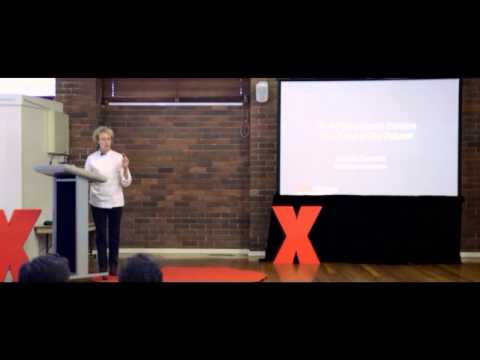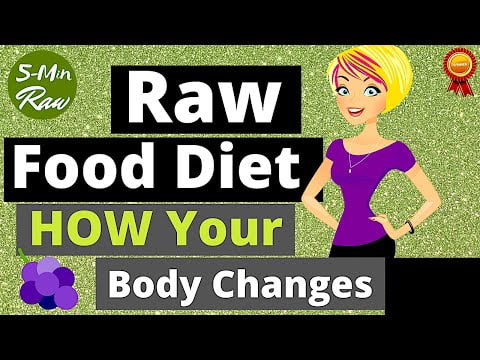Raw diets are becoming increasingly popular among health enthusiasts and animal lovers alike. The raw diet is a way of eating that involves consuming raw, unprocessed foods such as fruits, vegetables, nuts, and seeds. While some argue that this type of diet is beneficial for health, others are wary of it. Here are 5 pros and cons of raw diets:
Pros:
- Nutrient-Dense: Raw foods are naturally high in nutrition and fiber, and consuming them can help you feel fuller for longer. These foods are also easy for the body to digest, which means that you’ll be able to absorb more nutrients from them.
- Promotes Natural Weight Loss: Raw foods are low in calories, which means that they’re a great way to lose weight naturally. A raw diet encourages healthy weight loss and better overall health.
- May Improve Digestion: Eating raw foods can help improve your digestion and gut health. This is because natural enzymes present in raw foods help to break down food faster, promoting better digestion.
- May Boost Immune System: Raw foods contain lots of vitamins and minerals that can help boost the immune system. By eating a raw diet, you can help keep your body healthy and prevent illness.
- Promotes Sustainability: Eating raw foods promotes a sustainable lifestyle. Your diet will be centered around fresh, local produce that’s in season, which helps to support local farmers, reduces your carbon footprint and waste.
Cons:
- Risk of Food Poisoning: Eating raw foods increases the risk of food poisoning. Raw foods harbor harmful microbes such as Salmonella and E. coli, which can cause severe health problems.
- Difficulty in Protein Intake: Consuming enough protein can be a challenge on a raw diet, as most raw foods are vegetables, fruits, and nuts that do not contain enough protein. Hence, it may be hard for athletes or gym-goers to meet their protein needs.
- Difficulty in nutrient absorption: Some nutrients found in vegetables and fruits are fat-soluble and require fat to be absorbed by the body. Combining raw foods containing high fat like avocado or nuts with a source of low fat like vegetables is necessary.
- Food Prep Time: Preparing raw foods requires a lot of time comparing to other diets that don’t require cooking, making it difficult for people with busy schedules.
- Limited Restaurant Options: While many restaurants these days offer vegetarian and vegan options, raw options may be limited, making it difficult to maintain your diet when eating out.
In conclusion, there are significant benefits and drawbacks associated with raw diets, and it’s important to consider them before adopting this way of eating. While on a raw diet, make sure to take necessary precautions to minimize risks of food poisoning, meet protein goals and ensure proper nutrient absorption. By doing so, you can experience the benefits of a raw diet while minimizing the drawbacks.





